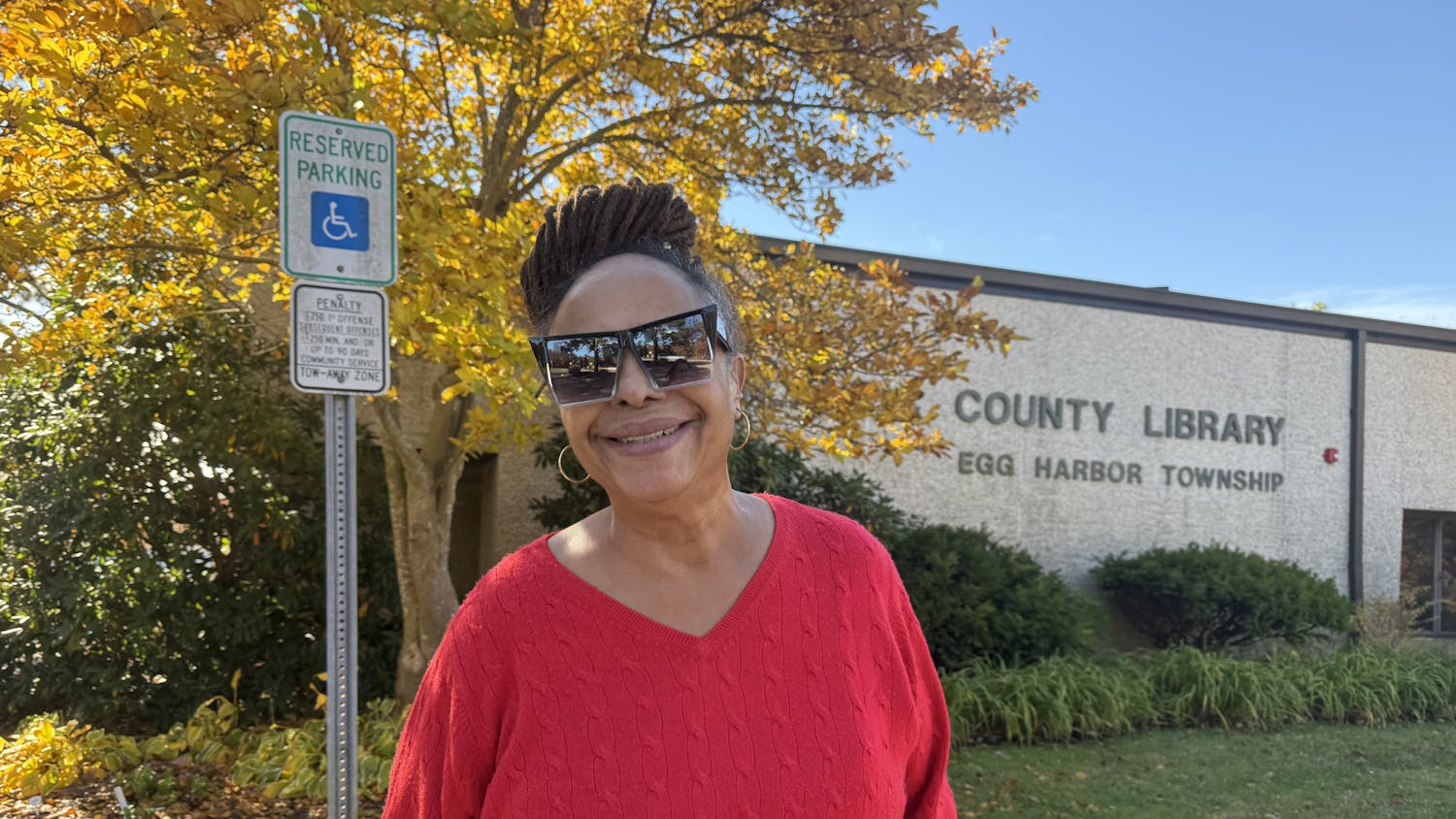An attempt to get direct Student Finance Board (SFB) funding for Greek organizations failed during last week's Student Government Association (SGA) meeting.
The Greek Resolution, introduced by Eric Pasternack, junior class vice president, recommended that SFB "allow Greek organizations to request funding for specific events" that are open to the entire campus. It would also create specific rules and regulations so that Greek organizations do not abuse the power.
Pasternack is a member of the fraternity Phi Kappa Psi.
Jon Borst, administrative director for SFB, said during open floor that "SFB funds over 100 organizations. If Greek organizations are added, that number would rise to over 150."
"We simply would be overwhelmed," Kyle Brownlie, operations director for SFB, added.
Borst also pointed out that the Inter-Greek Council gets funding from SFB and that it recently received thousands of dollars for a conference.
A proposal was made to limit each Greek organization to only one SFB-funded event a year, but Brownlie replied, "You're asking us to open a door that would not only allow the 28 Greek organizations, but dozens upon dozens of other groups."
Kevin Kelly, vice president of legal and governmental affairs, said that state laws prohibit spending state funds on exclusive organizations and that by doing so, the College "could risk losing more funding."
The Greek organizations are "not requesting money for the organizations, but for specific events," Georgette Kyriacou, junior class secretary, said. She added that many of the dues Greek students pay are national dues, and the sponsored events would be open to everyone.
With a vote of 1-20-10, the resolution was rejected. Most of those who abstained were responding to a request by S. Lee Whitesell, vice president of Academic Affairs, and Kelly.
"I would ask that for your own integrity and for the integrity of this organization that those of you in Greek organizations abstain from voting," Whitesell said.
Keith Jeronimus, president of Phi Kappa Psi, said during open floor that the person who asked the Greeks to abstain was part of "a group that openly mocks Greek organizations."
Even if the Greek Resolution had passed, it would have had a limited impact.
"Whether we pass it or not, SFB isn't going to listen," Teo Paoletti, senator of Science, said. Borst agreed.
Prior to the Greek controversy, the Organizational De-Recognition Process Bill passed unanimously. Sponsored by Tom Sales, senator of Culture and Society, it will codify the club de-recognition process. SGA has had the power to de-recognize clubs for a long time, but it has only been used for inactive organizations.
"There are clubs that engage in hazing and provide alcohol for minors, clubs that violate policies of Student Life, clubs that lie to the SFB to get money," Sales said. He pointed out that since Greek organizations can be penalized for all of these things, "I can't see a reason to hold those who are not in Greek clubs to lower standards."
He said in a later interview that SGA has approved every club that filled out its paperwork properly in the last 18 years. "SGA does not care what it passes . SGA is afraid of making people unhappy by not creating their clubs," Sales said.
Janice Vermeychuk, associate director of Health Services, was SGA's guest speaker. When she asked for opinions of Health Services, many responded by asking why students had to wait so long to be treated.
Chris Rindosh, senator of Engineering, said that he just wanted someone to take his temperature but was told to make an appointment for the next day. Vermeychuk responded that Health Services is trying to help students become more capable of taking care of themselves; she told Rindosh to buy a thermometer.
She added that in her new budget request she is "asking for a new employee to help walk-ins (students without appointments)."
Some SGA members were not happy with Vermeychuk's responses. "People were asking direct questions, and she was giving general information about Health Services rather than answering those questions," Kyriacou said.
The National Student Speech, Hearing and Learning Association gained recognition from SGA. The group is designed for graduate professionals but will accept undergraduates.
Because the Greek debate lasted so long, the SGA tabled half of its agenda for next week.






